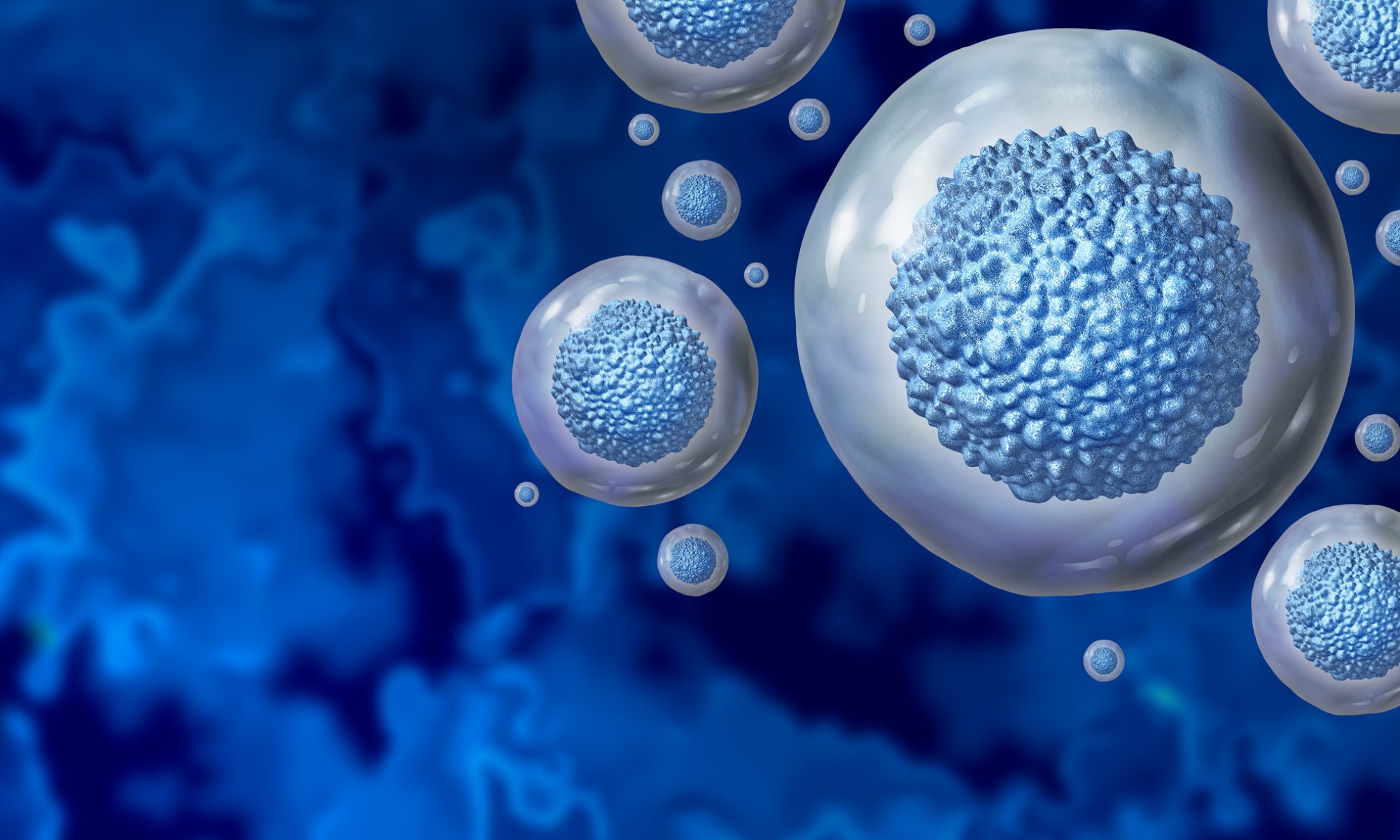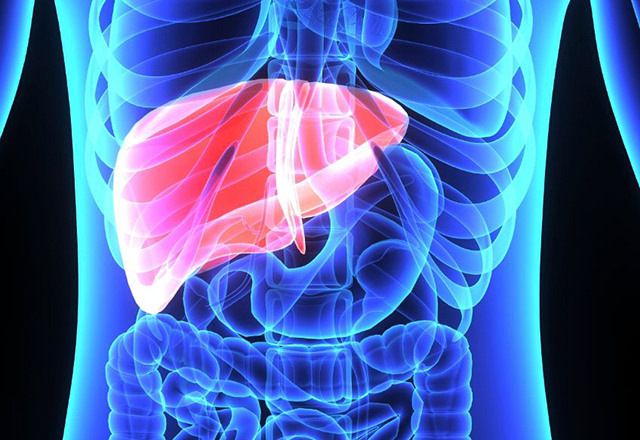It took a strong woman to pioneer research in the field of women’s health and certainly Dr Susan Hou was one. During her career, she worked tirelessly to help us understand chronic kidney disease (CKD) and pregnancy; let’s not forget those were the times when “Children of women with renal disease used to be born dangerously or not at all – not at all if their doctors had their way.” Nowadays, although many unanswered questions remain, we have much more knowledge to guide us through the counseling and care of women with CKD who desire to become mothers, as reviewed by Oliverio et al. Read the full blog here.
Maryland Woman, Surgeon Run Marathon Together After Heart Transplant
A Maryland woman competed in a marathon after recovering from a heart transplant— and brought her surgeon along for the ride. She shared her remarkable road to recovery with News4.
“I’ve been a runner since as far as I can remember. My mom used to tell me that she used to catch me by grabbing my pigtails. It’s my happy place,” Jayde Kelly said.
But one day, it came to a sudden stop. Read the full story here.
A Twist on Stem Cell Transplants Could Help Blood Cancer Patients
CATHY DOYLE FELT fine. And in April 2016, when she logged in to a web portal to check the results of some routine blood work, the little numbers on the screen agreed—mostly. But her white blood cell count looked low. She called the doctor’s office. “What’s going on?” the chatty, spiritual 58-year-old from Pittsburgh remembers saying.
The staff asked if she’d recently been sick. She had. Doyle caught a bad cough on a family cruise, but it had passed. That might be it, they agreed, but it would be best to come in for more blood tests. “Bless the doctor,” Doyle says. “He just kept hoping it wouldn’t be leukemia.” Read more here.
Johns Hopkins Health System Adopts Race-Free Kidney Function Equation
Newswise — The Johns Hopkins Health System will no longer use a long-standing clinical standard that factors a patient’s race into kidney function tests. The transition to a new standard of evaluating kidney function will specifically eliminate whether a patient is “African American or non-African American” as a modifier to check how well a patient’s kidneys are working. The change to the new race-neutral assessment means thousands of Black people living with chronic kidney disease (CKD) could gain access to specialty treatment or transplantation for the first time.
Removing race from the calculation for kidney disease follows recent national recommendations from both the National Kidney Foundation and the American Society of Nephrology that say race modifiers should not be included in equations used to estimate kidney function because race is a social, not a biological, construct. Read the full story here.
Recurrent Autoimmune Hepatitis Post-Liver Transplant: What Are the Risks?
Younger age and use of a certain immunosuppressive agent were more than three times as likely to be associated with higher risk of recurrent autoimmune hepatitis (AIH) after liver transplantation, researchers found.
Among 736 AIH patients who received a liver transplant over a 33-year period, adjusted analyses showed the following factors were associated with a greater risk of recurrent disease:
– Age 42 or younger at transplantation (HR 3.15, 95% CI 1.22-8.16, P=0.02)
– Using mycophenolate mofetil after transplantation (HR 3.06, 95% CI 1.39-6.73, P=0.005)
– Sex mismatch between donor and recipient (HR 2.57, 95% CI 1.39-4.76, P=0.003)
– High IgG levels before transplantation (HR 1.04, 95% CI 1.01-1.06, P=0.004)
Read the full article here.
Getting listed for a kidney transplant
The process of getting listed for a kidney transplant often begins when your doctor refers you for the transplant surgery. But, you do not have to be referred by a doctor. You are free to visit a transplant center to be evaluated if you are interested in transplant.
You can only be ready for a kidney transplant after you have passed the required evaluation at a transplant center that looks at your physical health, mental health, and finances. If you pass this evaluation and the transplant team decides you are ready for transplant, you will be added to the national waiting list. Read the complete article here.
Will animal-to-human organ transplants overcome their complicated history?
A 57-year-old Maryland man has now survived just over three weeks with the transplanted heart of a genetically engineered pig. His doctor has hailed the operation as a “breakthrough surgery” that could help solve the organ shortage crisis. But from a scientific standpoint, it’s too early in the game to know how much it moves the ball.
The use of animal organs for humans is an idea with a long, dramatic and often disappointing history (SN: 11/4/95). There’s an old saying about xenotransplantation, as the field is known, says Joe Leventhal, a surgeon who heads the kidney transplant program at Northwestern University Feinberg School of Medicine in Chicago. “It’s just around the corner. The problem is, it’s a very, very, very long corner.” Read full article here.
What You Need to Know About Sodium If You Have Chronic Kidney Disease
Kidneys perform the vital function of filtering waste from your body. They also remove extra fluid and acid while maintaining the right balance of minerals, water, and salts in your blood.
If you’re living with chronic kidney disease (CKD), you know how important it is to protect your kidney function. Your doctor might recommend dietary changes to help, such as cutting back on salt. Read more here.
Who gets an organ transplant? Waitlist rules are complicated.
Last week, a hospital in Boston removed a patient from its heart transplant waiting list over his refusal to receive a COVID vaccine. Although many hospitals had been enforcing such policies throughout the pandemic, the news took off internationally.
But the spotlight on vaccination status ignores the complexities of organ transplantation outside the pandemic. “There are a ton of requirements for transplant eligibility,” says Dorry Segev, a transplant surgeon at New York University. The ethics of transplant decision-making are different from those of other kinds of medical care, in large part because there are fewer organs than there are people in need. According to the American Transplant Foundation, more than 100,000 Americans are currently on transplant waitlists.
Read more here.
What are the Common Lab Tests That Patients Receive After Heart Transplant?
As a heart transplant recipient, you’ll quickly find yourself being asked to take a laundry list of blood tests. While this can be inconvenient and frustrating, it’s also really important. Your doctor can’t tell what’s going on with your new heart by looking at you. Blood tests provide information on how well your heart is functioning and how your medications may be affecting your body. By reviewing the results, your physician may adjust medications, recommend changes to your diet or fluid intake, or recognize the need for additional examination.
But what are the specific tests and what is the purpose of each? With the help of Dr. Shelley Hall, Chief of Transplant Cardiology and Mechanical Support/Heart Failure at a large university medical center in the southern US, in this article we discuss:
– Complete blood count
– Comprehensive metabolic panel
– Infection testing
– Natriuretic peptide test
– Immunosuppressive drug levels
– Donor specific antibodies
– AlloMap® Heart
– AlloSure® Heart
Read more here.









